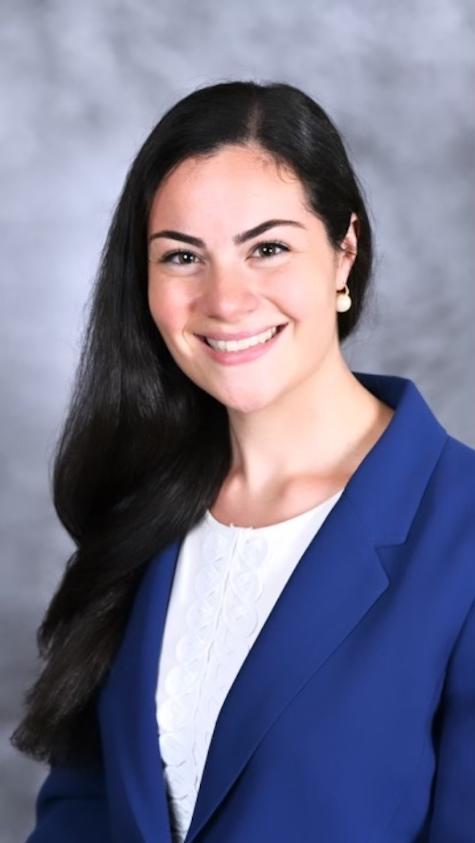New York Medical College Researchers Find Disparate Access to Breast Cancer Screening and Treatment Remains for Low-Income Communities
Women Continue To Face Significant Barriers To Care

Barriers to breast cancer screening remain despite Medicaid expansion for preventive screening tests and implementation of patient navigation programs under the Affordable Care Act, with women from underserved communities experiencing disproportionately low rates of screening mammography, according to a study that was conducted by New York Medical College (NYMC) School of Medicine (SOM) faculty and students and recently published in BMC Women’s Health.
“Though we have seen better health care in the past 25 years and have reduced breast cancer deaths significantly in certain communities, not all communities are benefitting equally, making this a serious public health issue,” said Maria Castaldi, M.D., clinical professor of surgery and lead author on the study. “Women continue to face significant barriers to care, namely fear and mistrust.”
“It has been well documented that low-income communities experience disparate breast cancer screening rates and prolonged timeliness to screening,” said Katharine Kechejian, SOM Class of 2023. “By identifying the barriers women face in access to cancer screening, we can identify where our efforts are needed to improve outcomes in cancer care.”
The study focused on 2,505 women aged 40 and over who were offered patient navigation services at an inner-city center and a suburban county medical center between 2014 and 2019.
“We found that in the presence of a barrier, women of low-income communities take significantly longer to complete breast cancer screening and that transportation was a major barrier to completion of screening mammography, while fear was the major barrier to abnormal screening completion,” said Ms. Kechejian, who sought out Dr. Castaldi as a mentor to conduct this research into healthcare disparities. “I am truly grateful to have an incredible role model in Dr. Castaldi who shares in the mission of improving health outcomes in underserved communities.”
“It is paramount to understand the barriers that patients face in navigating the healthcare system, whether it be unreliable transportation, lack of childcare, no paid time off from work, fear of medical procedures or fear of results,” said Ms. Kechejian. “Since conducting this study, I have refined my approach to addressing social determinants of health and counseling patients to mitigate disparities in care that plague communities that have been historically marginalized and vulnerable.”
“Looking to the future, it is imperative to have the infrastructure to bring women back to centers for needed follow-up and testing when the screening identifies a positive result,” said Dr. Castaldi. “Engaging and building trust among people who live in underserved communities takes time and commitment. Educational outreach and culturally congruent education are needed by physicians and community leaders, especially within low-income communities, not just for patients, but for patient navigators and healthcare workers. Only through continued efforts can we lessen the gap in disparate cancer care within underserved communities.”
